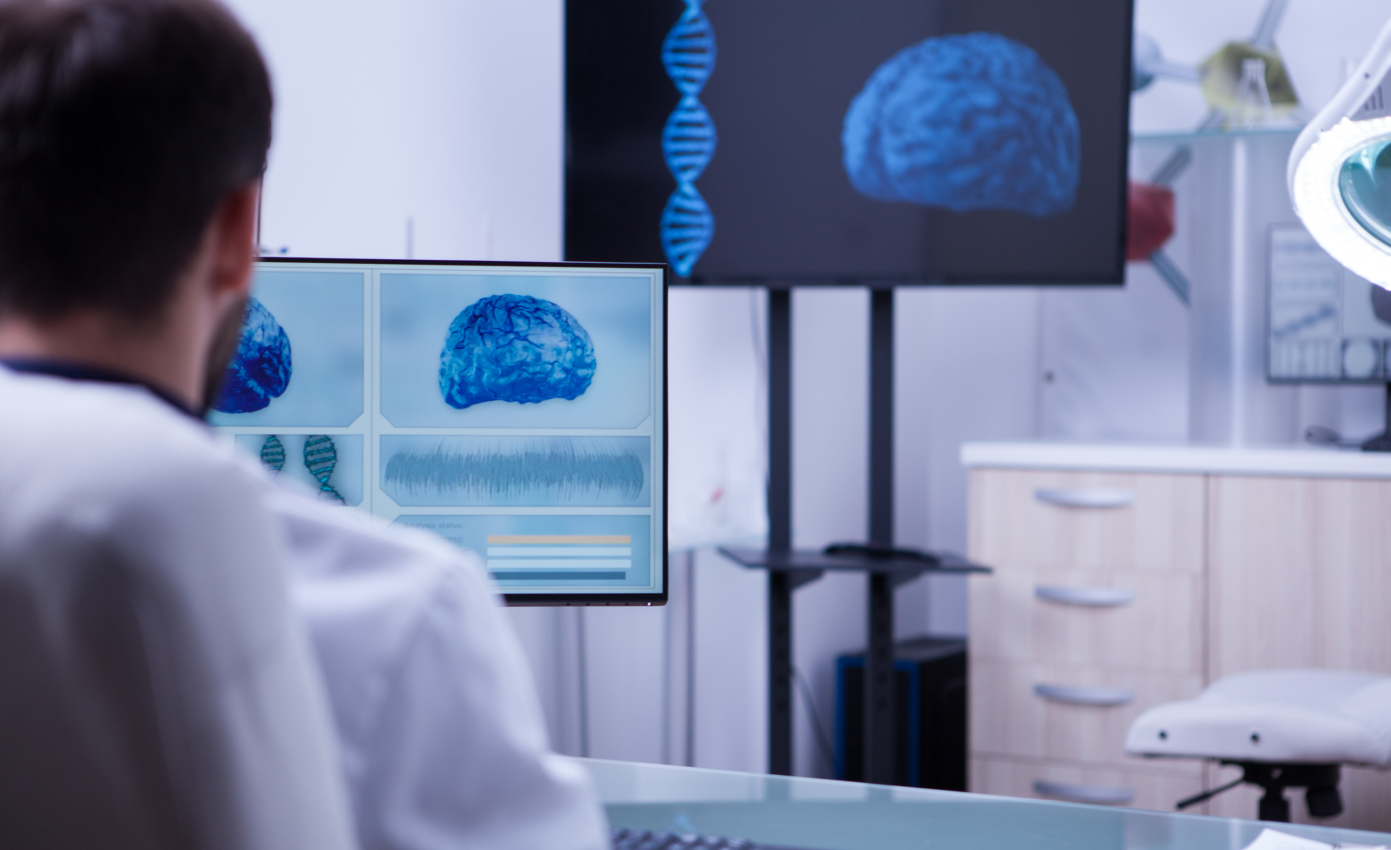

AI in Medical Imaging
AI in Medical Imaging: Efficiency Gains Not Guaranteed
The integration of artificial intelligence (AI) in
healthcare, particularly in medical imaging fields like radiology, is growing
rapidly. However, a new study from the University Hospital Bonn (UKB) and the
University of Bonn suggests that AI does not automatically lead to increased
efficiency in clinical workflows.
The research, published in npj Digital Medicine,
systematically reviewed 48 studies examining AI’s impact on clinical processes,
particularly in radiology and gastroenterology. Although 67% of studies
reported reduced work time, the meta-analysis revealed no significant overall
efficiency gains. This indicates that the widespread assumption that AI always
speeds up processes is not entirely accurate.
The study also highlighted the importance of local
conditions and workflow structures in determining the success of AI
implementation. The researchers called for more standardized reporting in
future studies to better assess AI's true benefits in healthcare.
This research underscores the need for a nuanced approach
when integrating AI into clinical practice, considering both technological and
operational factors.
For more insights, refer to the original study by Wenderott
et al. (2024), Effects of artificial intelligence implementation on
efficiency in medical imaging—a systematic literature review and meta-analysis,
in npj Digital Medicine.
Sources: University Hospital Bonn, Wenderott et al. (2024),
npj Digital Medicine.
